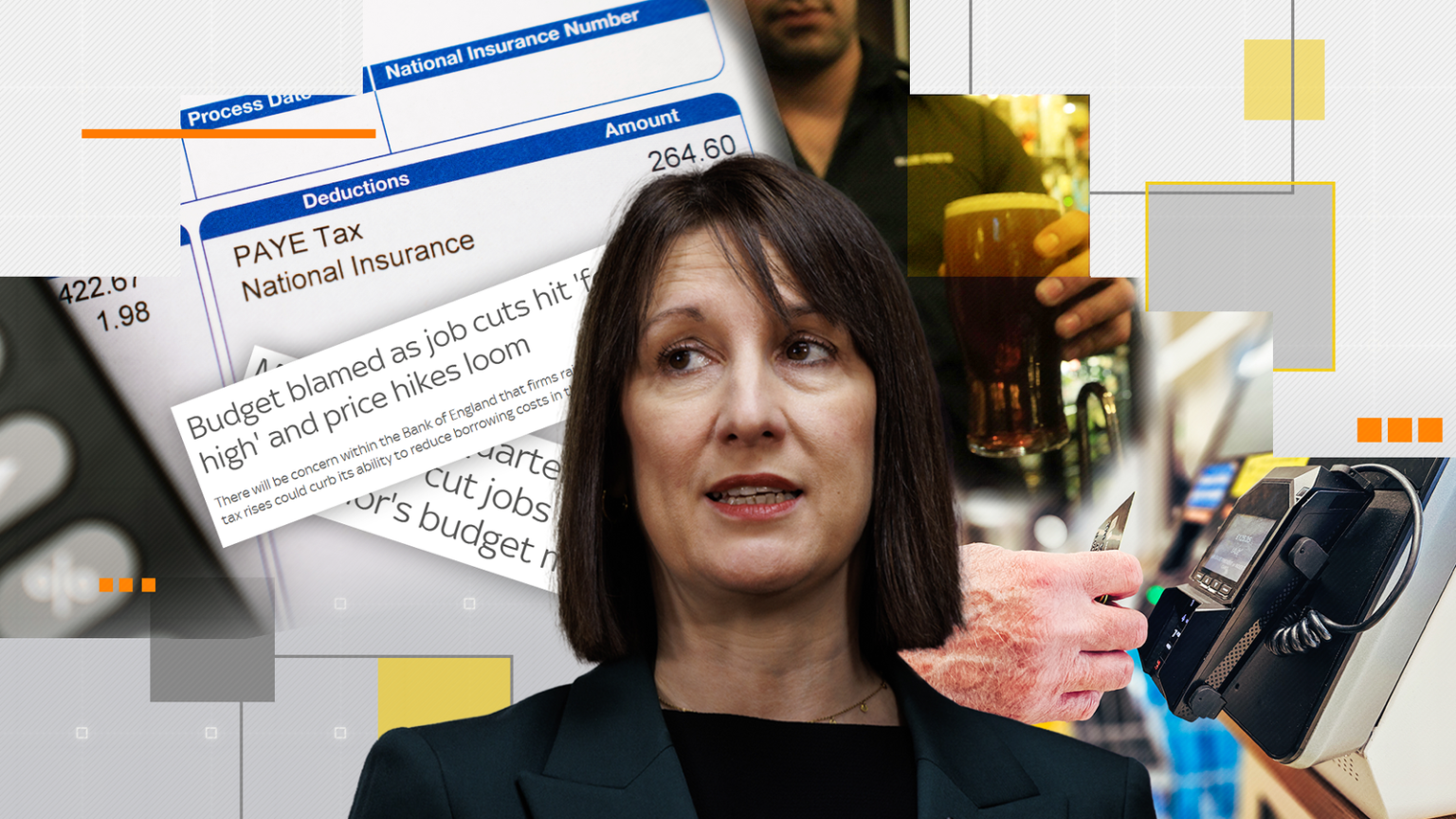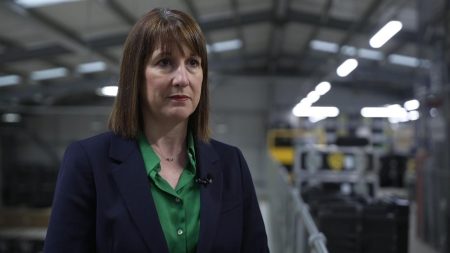The Struggle of Small Businesses Under New Government Measures
Cliff Nicholls, the owner of two trampoline parks and indoor play centers in Tamworth and Bolton, is among many small business owners feeling the pinch of the government’s latest budget measures. The impending increases in the national minimum wage, coupled with changes to national insurance thresholds and rates, have forced Cliff to abandon expansion plans and make drastic cuts to his operations. "The national minimum wage increases coming in April, combined with the reduced thresholds for national insurance and the increased rate of employers’ national insurance, will have a very significant impact," Cliff explained. To mitigate rising costs, he has reduced opening hours and made a senior staff member redundant. These actions highlight the tough decisions small businesses are being forced to make to stay afloat.
The Financial Pressures on Employers
The government’s new measures are designed to support low-paid workers through policies like the National Living Wage (NLW) increase. However, other changes, such as the reduction in the salary threshold for employer’s national insurance contributions (NICs), are creating additional financial burdens for businesses. Currently, employers pay NICs when an employee earns more than £9,100 annually, but from April 2025, this threshold will drop to £5,000, and the NIC rate will rise from 13.8% to 15%. For an employee earning around £23,800, this change could result in nearly £800 more in annual NICs for employers. The impact is disproportionately felt by employers of lower-paid workers, with NICs increasing by around 7% for those earning £9,000 a year, compared to just 2% for higher earners.
The Broader Economic Impact
The changes to employment rights and business rates are adding further pressure on businesses. The government’s reforms include extending statutory sick pay to lower-paid workers, making it available from the first day of illness, and enhancing protections for those on zero-hours contracts. While these changes aim to improve working conditions, they come at a cost to employers, estimated to be around £5 billion. Nye Cominetti, a principal economist at the Resolution Foundation, expressed concern that these measures, combined with higher NICs and wages, disproportionately affect low-paid workers. For many businesses, the cumulative effect of these changes is forcing them to raise prices, contributing to inflation.
The Human Cost of Budget Changes
The impact of these measures extends beyond businesses to their employees and customers. Cliff Nicholls, for instance, has had to abandon expansion plans and reduce his workforce. He explained that the changes to business rates relief, which will drop from 75% to 45% for retail, leisure, and hospitality businesses, are particularly challenging. His business will face an additional £55,000 to £60,000 in business rates next year. This financial strain is forcing many businesses to make tough decisions, such as cutting jobs or reducing hours. Lord Wolfson, CEO of Next, has warned that these changes will make it harder for people to enter the workforce, particularly in the retail sector. Since the budget announcement, the number of payrolled employees has declined significantly in sectors like manufacturing and hospitality.
The Policy Debate and Criticisms
The government has defended its measures, stating that they aim to deliver stability for businesses and protect workers’ pay. An HM Treasury spokesperson emphasized that the budget includes measures to support businesses, such as capping corporation tax and cutting business rates for retail, hospitality, and leisure businesses. However, critics argue that the changes to NICs and business rates are regressive, hitting small businesses and low-paid workers the hardest. Many business leaders are calling for a phased approach to these tax changes to avoid widespread job losses and price increases. The Federation of Small Businesses reported that small business confidence has fallen to its lowest level in a decade, excluding the pandemic, reflecting the uncertainty and challenges faced by employers.
Conclusion and the Road Ahead
The government’s budget measures, while aimed at supporting workers, are creating significant challenges for small businesses. Employers like Cliff Nicholls are being forced to make difficult decisions to remain viable, from reducing hours to cutting jobs. The broader economic impact, including rising inflation and shrinking workforces, suggests that these changes may have unintended consequences. As businesses struggle to adapt, the debate over how to balance supporting workers with protecting employers continues. For now, small business owners like Cliff Nicholls are left to navigate a increasingly complex and costly landscape, hoping that future policies will provide the stability and support they need to thrive.















